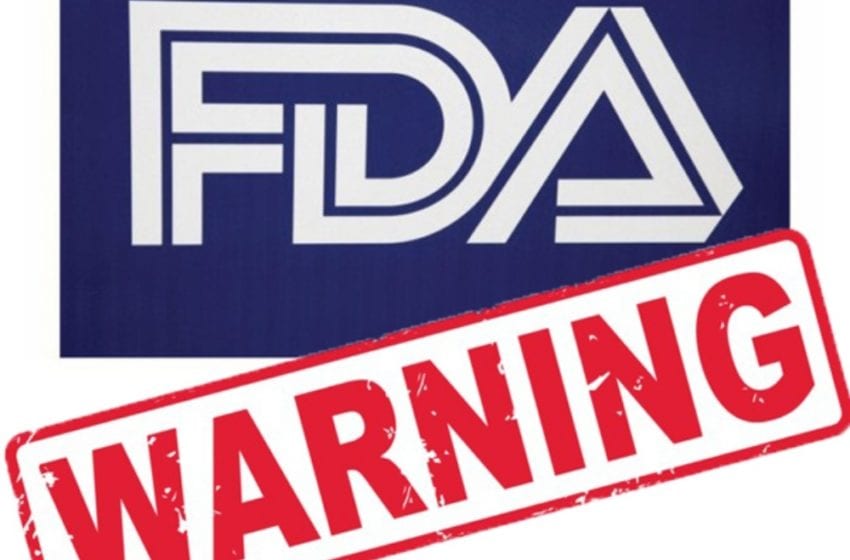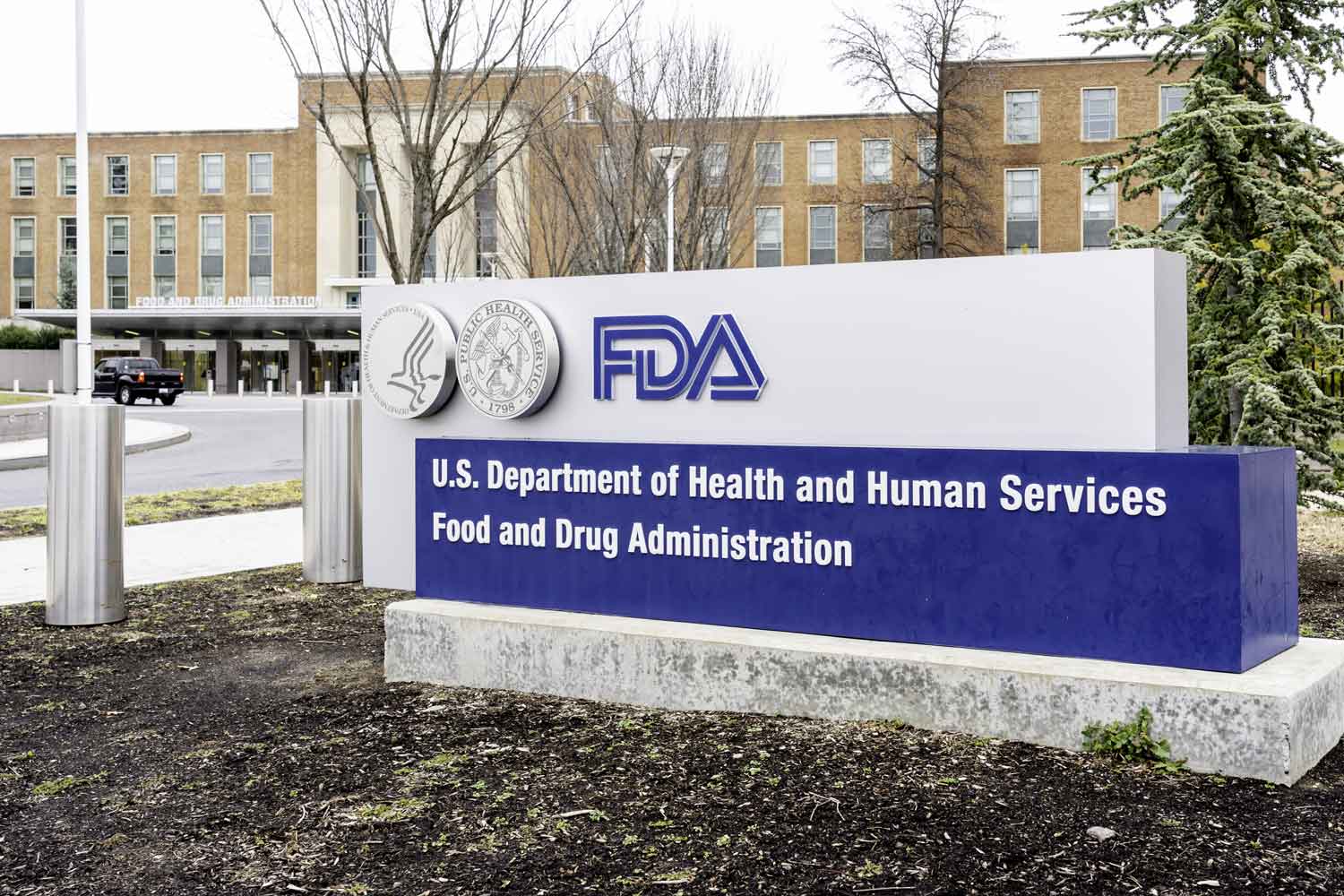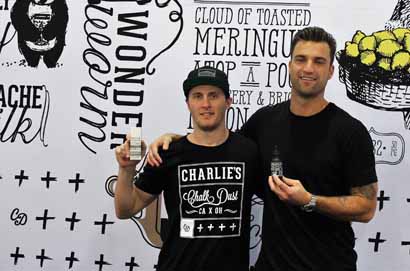Turning Point Brands (TPB) has had its marketing denial orders (MDOs) rescinded by the U.S. Food and Drug Administration. The company will be allowed to continue marketing its vapor products while the FDA re-reviews the company’s premarket tobacco product application (PMTA).
“We are encouraged by the FDA’s decision to reconsider our product applications and look forward to engaging the agency as our PMTAs are reviewed,” said Larry Wexler, president and CEO, Turning Point Brands. “It is important that the PMTA process is transparent, purposeful, and evidence-based. Our organization dedicated significant time and resources in filing our applications in accordance with agency guidance. We remain hopeful that the depth and range of our studies and data will persuade the FDA that the continued marketing of our vapor products is appropriate for the protection of the public health and that the agency will ultimately preserve a diverse vapor market for the more than 30 million American adult smokers who may wish to transition from combustible cigarettes to lower risk alternatives.”

The FDA admitted it made an error in TPB’s PMTA review and TPB did in fact submit studies that the agency decided during the PMTA process were needed, after saying for years the studies were not required. “Upon further review of the administrative record, FDA found relevant information that was not adequately assessed,” reads the FDA letter to TPB. “Specifically your applications did contain randomized controlled trials comparing tobacco-flavored ENDS to flavored ENDS as well as several cross-sectional surveys evaluating patterns of use, likelihood of use, and perceptions in current smokers, current ENDS users, former tobacco users, and never users, which require further review.”
The letter comes after TPB filed a petition with the court that forced the FDA to provide an administrative record for its decisions on PMTAs. TPB sells various flavored e-liquids marketed under the Solace, VaporFi and Vapor Shark brands. TPB then filed a stay motion asking the the court to review the FDA order “on the grounds that it is arbitrary and capricious, an abuse of discretion, contrary to the Federal Food, Drug, and Cosmetic Act, as amended by the Family Smoking Prevention and Tobacco Control Act of 2009, and otherwise not in accordance with law.”
Avail Vapor and several other companies that received MDOs have also now filed petitions for information related to their PMTA reviews. After the FDA rescinded TPB’s MDOs, the company dropped its lawsuit against the regulatory agency.
“In light of the unusual circumstances,” the FDA’s Center for Tobacco Products (CTP) Director Matt Holman stated in the letter. “FDA has no intention of initiating an enforcement action” against TPB’s products that had previously received an MDO.

















